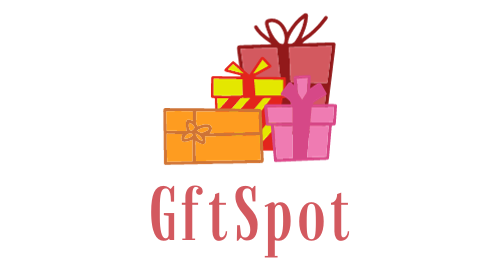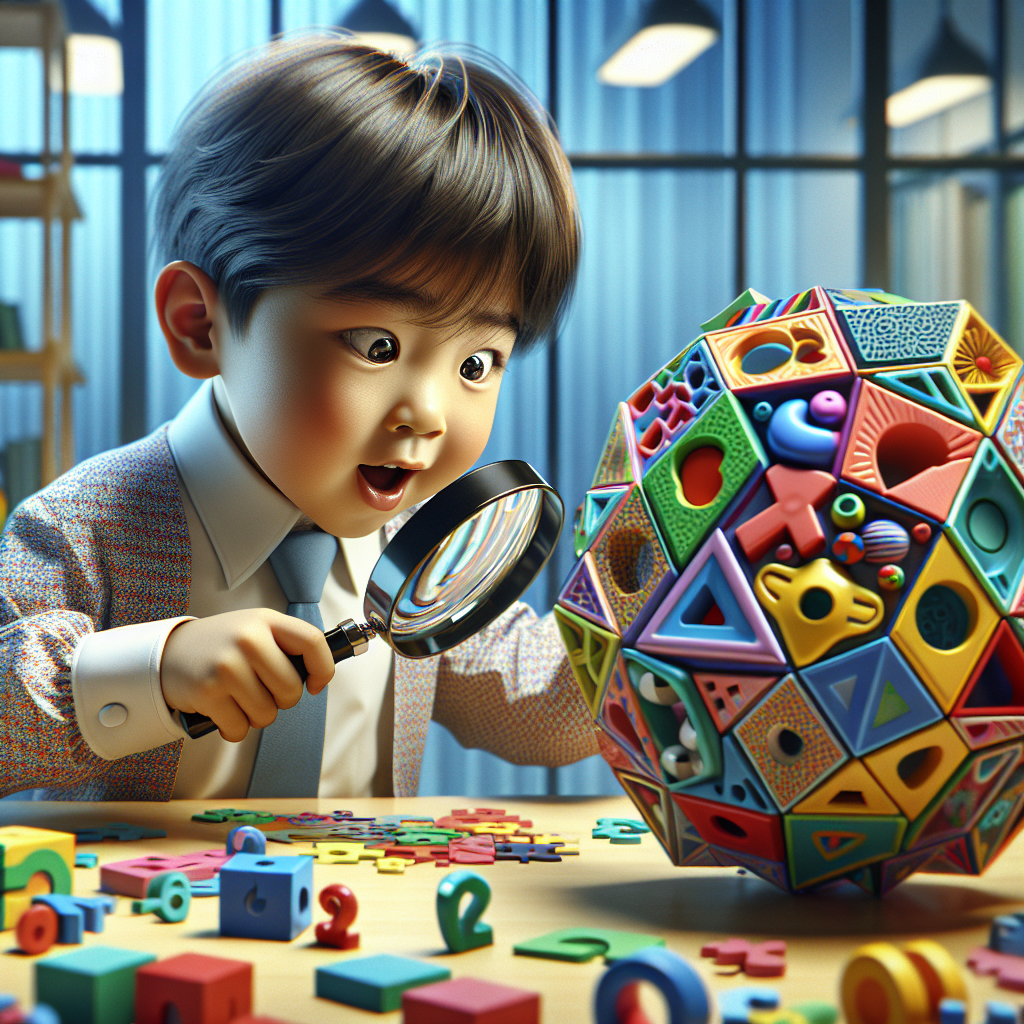Are you looking for the best educational toys to engage and inspire your children? Look no further! In this article, we will explore a collection of exceptional toys that not only entertain but also enhance your child’s learning experience. From interactive puzzles to hands-on science experiments, these toys are designed to stimulate their young minds, fostering creativity, problem-solving skills, and a love for learning. Get ready to discover a world of endless educational possibilities for your little ones.
Benefits of Educational Toys
Educational toys are a valuable addition to any child’s playtime routine. These toys not only provide entertainment but also offer numerous benefits that can contribute to a child’s overall development. Here are some of the key advantages of educational toys:
Enhances Cognitive Skills
Educational toys are designed to engage children’s minds and stimulate their cognitive abilities. Through play, children can improve their memory, attention, problem-solving, and critical thinking skills. Whether it’s solving puzzles or building blocks, these toys encourage children to think logically and explore different solutions. By actively engaging in play, children can enhance their cognitive skills in a fun and interactive way.
Promotes Creativity and Imagination
One of the great benefits of educational toys is that they encourage children to tap into their creativity and imagination. Toys such as art and craft kits provide an outlet for self-expression and allow children to explore their artistic abilities. Building blocks and STEM toys, on the other hand, allow children to create their own worlds and scenarios, fostering imaginative play. By engaging in creative play, children can develop their problem-solving skills and think outside the box.
Develops Problem-Solving Abilities
Educational toys are excellent tools for developing problem-solving abilities in children. Puzzles, for example, require children to analyze and figure out how different pieces fit together to form a complete picture. This type of play helps children develop their problem-solving and spatial reasoning skills. By allowing children to tackle challenges and find solutions on their own, educational toys promote independent thinking and help children build resilience.
Types of Educational Toys
When it comes to educational toys, there is a wide variety to choose from. Let’s explore some of the most popular types of educational toys available:
Building Blocks
Building blocks are classic toys that have stood the test of time. They come in various shapes, sizes, and materials, allowing children to stack, build, and create their own structures. Building blocks enhance fine motor skills, hand-eye coordination, and spatial awareness. They also encourage children to think critically and solve problems as they construct and balance their creations.
Puzzles
Puzzles are a fantastic way to challenge your child’s mind while having fun. They come in different difficulty levels and themes, catering to various age groups. From jigsaw puzzles to 3D puzzles, these toys enhance pattern recognition, spatial awareness, and logical thinking skills. Completing a puzzle gives children a sense of accomplishment and boosts their confidence.
STEM Toys
STEM toys focus on the areas of science, technology, engineering, and mathematics. They are designed to encourage children to explore these fields through hands-on play. STEM toys can range from building robots and conducting science experiments to coding games and solving math puzzles. By engaging with STEM toys, children develop critical thinking, problem-solving, and analytical skills, setting them up for success in the future.
Art and Craft Kits
Art and craft kits provide children with an opportunity to unleash their creativity. They typically include materials such as paints, crayons, markers, and various craft supplies. Engaging in artistic activities helps improve fine motor skills, hand-eye coordination, and concentration. Art and craft kits also allow children to express themselves and develop their own unique style of creativity.
Language and Literacy Toys
Language and literacy toys are aimed at enhancing children’s communication, reading, and writing skills. These toys may include letter and number recognition games, phonics toys, and interactive books. By interacting with these educational toys, children can improve their vocabulary, reading comprehension, and overall language development. Language and literacy toys lay a strong foundation for future academic success.
Age-Appropriate Educational Toys
It is essential to choose educational toys that are suitable for your child’s age and developmental stage. Here are some general guidelines for selecting age-appropriate toys:
Infants (0-6 months)
For infants, focus on toys that stimulate their senses and help with their physical development. Soft toys with different textures can provide sensory stimulation, while musical mobiles and baby gyms can encourage reaching and grasping movements. Mirror toys are also great for infants, as they promote self-recognition and visual exploration.
Toddlers (7-24 months)
Toddlers are starting to explore their surroundings and develop their motor skills. Shape sorters, stacking toys, and nesting cups are excellent choices for this age group. These toys help toddlers develop hand-eye coordination, fine motor skills, and problem-solving abilities. Pretend play kitchen sets can also be beneficial, as they encourage imaginative play and role-playing.
Preschoolers (2-5 years)
Preschoolers are ready for more complex toys that challenge their cognitive abilities. Alphabet and number puzzles help them with letter and number recognition, while magnetic building blocks enhance their creativity and critical thinking skills. Pattern recognition games can also be exciting for preschoolers, as they strengthen their logical thinking and problem-solving abilities. Additionally, art and craft kits allow them to express their creativity freely.
Elementary School Children (6-12 years)
At this age, children have developed more advanced cognitive skills and are ready for more challenging educational toys. Robotics kits and coding toys provide hands-on experience with technology, fostering critical thinking and problem-solving abilities. Science experiment sets are also great for elementary school children, as they encourage exploration and scientific inquiry. Language learning games can help develop vocabulary and communication skills in a fun and engaging way.
Top Educational Toys for Infants
During the first few months, infants are rapidly developing their sensory and motor skills. Here are some top educational toys for infants:
Soft toys with textures
Soft toys with different textures allow infants to explore various tactile sensations. They can touch, squeeze, and feel the different textures, stimulating their sense of touch.
Musical mobiles
Musical mobiles are not only soothing but also captivating for infants. The gentle music and movement help develop their auditory and visual senses.
Baby gyms
Baby gyms provide a safe and stimulating environment for infants to explore. With hanging toys and mirrors, baby gyms help encourage movement, hand-eye coordination, and self-recognition.
Mirror toys
Infants love to look at themselves! Mirror toys enhance self-recognition and promote visual exploration. They engage infants and stimulate their curiosity.
Top Educational Toys for Toddlers
Toddlers are full of energy and curiosity, making it essential to provide them with educational toys that keep them engaged. Here are some top educational toys for this age group:
Shape sorters
Shape sorters help toddlers learn about shapes and colors while improving their hand-eye coordination and problem-solving skills.
Stacking toys
Stacking toys encourage toddlers to experiment with balance and coordination. They enjoy building tall towers and watching them topple over.
Nesting cups
Nesting cups are not only great for building but also introduce concepts of size, volume, and color. Children can stack and nest the cups in various ways, fostering creativity and problem-solving.
Pretend play kitchen sets
Pretend play kitchen sets allow toddlers to imitate everyday scenarios and engage in imaginative play. They can cook, serve, and learn about different food items, promoting language development and creativity.
Top Educational Toys for Preschoolers
Preschoolers are ready to take their learning to the next level. Here are some top educational toys that will captivate their curious minds:
Alphabet and number puzzles
Alphabet and number puzzles help preschoolers with letter and number recognition. They also improve their fine motor skills and problem-solving abilities.
Magnetic building blocks
Magnetic building blocks provide endless opportunities for imaginative play. Preschoolers can create various structures while exploring the principles of magnetism.
Pattern recognition games
Pattern recognition games challenge preschoolers’ critical thinking skills. They help develop logical thinking and problem-solving abilities.
Art and craft kits
Art and craft kits allow preschoolers to express themselves creatively. They can experiment with different art mediums and develop their artistic skills.
Top Educational Toys for Elementary School Children
Elementary school children are curious about the world around them and eager to learn. Here are some top educational toys that cater to their growing interests:
Robotics kits
Robotics kits provide children with hands-on experience in building and programming robots. They encourage critical thinking, problem-solving, and creativity.
Coding toys
Coding toys introduce children to the world of programming in a fun and interactive way. They enhance logical thinking and computational skills.
Science experiment sets
Science experiment sets allow children to explore various scientific concepts through hands-on experiments. They foster curiosity and critical thinking.
Language learning games
Language learning games help children develop vocabulary, grammar, and communication skills in a playful and engaging manner. They enhance language acquisition and fluency.
Factors to Consider when Choosing Educational Toys
When selecting educational toys for your child, it is essential to consider a few factors to ensure they are safe and age-appropriate. Here are some key factors to consider:
Safety
Always prioritize safety when choosing educational toys. Ensure that the toys are free from small parts that can pose a choking hazard and are made of non-toxic materials.
Developmental appropriateness
Select toys that align with your child’s age and developmental stage. Consider their cognitive, physical, and social-emotional abilities when choosing educational toys.
Interactivity and engagement
Look for toys that actively engage your child. Interactive toys that require participation, such as games and puzzles, promote active learning and hold your child’s interest.
Durability and quality
Invest in high-quality toys that can withstand rough play and provide lasting value. Quality toys are more likely to stand the test of time and be enjoyed for years to come.
Where to Buy Educational Toys
Educational toys can be found in various retail outlets. Here are some common places where you can purchase educational toys:
Specialty toy stores
Specialty toy stores often have a wide selection of educational toys catering to different age groups. The staff at these stores are knowledgeable and can provide guidance in choosing the right toys.
Online retailers
Online retailers offer the convenience of browsing through a vast range of educational toys from the comfort of your home. Many websites provide detailed product information and reviews to help you make an informed decision.
Local department stores
Local department stores often have dedicated sections for educational toys. They offer a range of options, making it easy to find toys suitable for different age groups.
Conclusion
Educational toys provide numerous benefits for children’s development while offering endless hours of fun and engagement. They promote cognitive skills, creativity, imagination, and problem-solving abilities. By selecting age-appropriate toys and considering factors such as safety, developmental appropriateness, interactivity, and quality, you can provide your child with enriching play experiences. Whether it’s building blocks, puzzles, STEM toys, art and craft kits, or language and literacy toys, educational toys are an investment in your child’s growth and learning journey. So, go ahead and explore the vast world of educational toys to find the perfect ones for your child!

